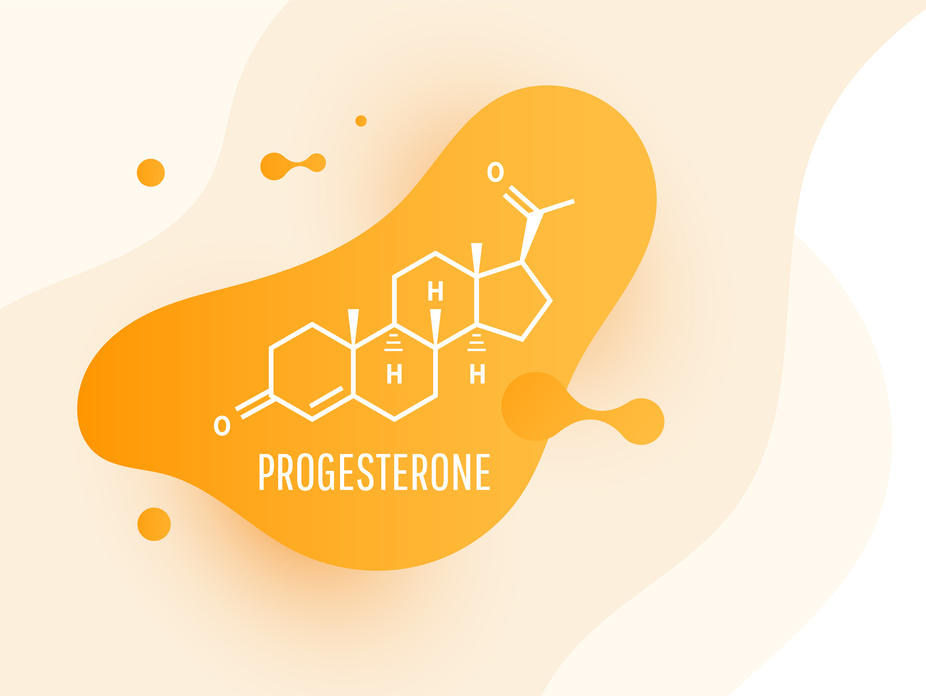Circulating Progesterone May Increase Breast Cancer Risk
Britton Trabert, Ph.D., M.S., Earl Stadtman investigator in the Metabolic Epidemiology Branch, and her collaborators conducted a study to evaluate the association between circulating progesterone and breast cancer risk among postmenopausal women. Their findings were published April 24, 2020, in JAMA Network Open.
Study authors quantified prediagnostic levels of progesterone and progesterone metabolites in a case-cohort study within the Breast and Bone Follow-up to the Fracture Intervention Trial, including 405 breast cancer cases diagnosed during follow-up and a subcohort of 495 postmenopausal women not using exogenous hormones at the time of the blood draw. Because progesterone levels in postmenopausal women can be difficult to detect because of their low concentrations, studies of the role of progesterone in breast cancer etiology have been limited. However, they overcame this obstacle in this study by using a highly sensitive liquid chromatography-tandem mass spectrometry progesterone assay (LC-MS/MS); no hormone levels measured in the current study were below the limit of detection.
The investigators found that postmenopausal women with higher circulating progesterone levels experience a 16% increased risk of breast cancer. Additionally, associated risk from progesterone seemed to be modified by estradiol concentrations. Further research is needed to examine the relationship between progesterone and estradiol in breast cancer etiology and to validate these findings in diverse populations.
Reference:
Trabert B et al. Association of Circulating Progesterone with Breast Cancer Risk Among Postmenopausal Women. April 24, 2020. JAMA Network Open. DOI:10.1001/jamanetworkopen.2020.3645. [Epub ahead of print]
